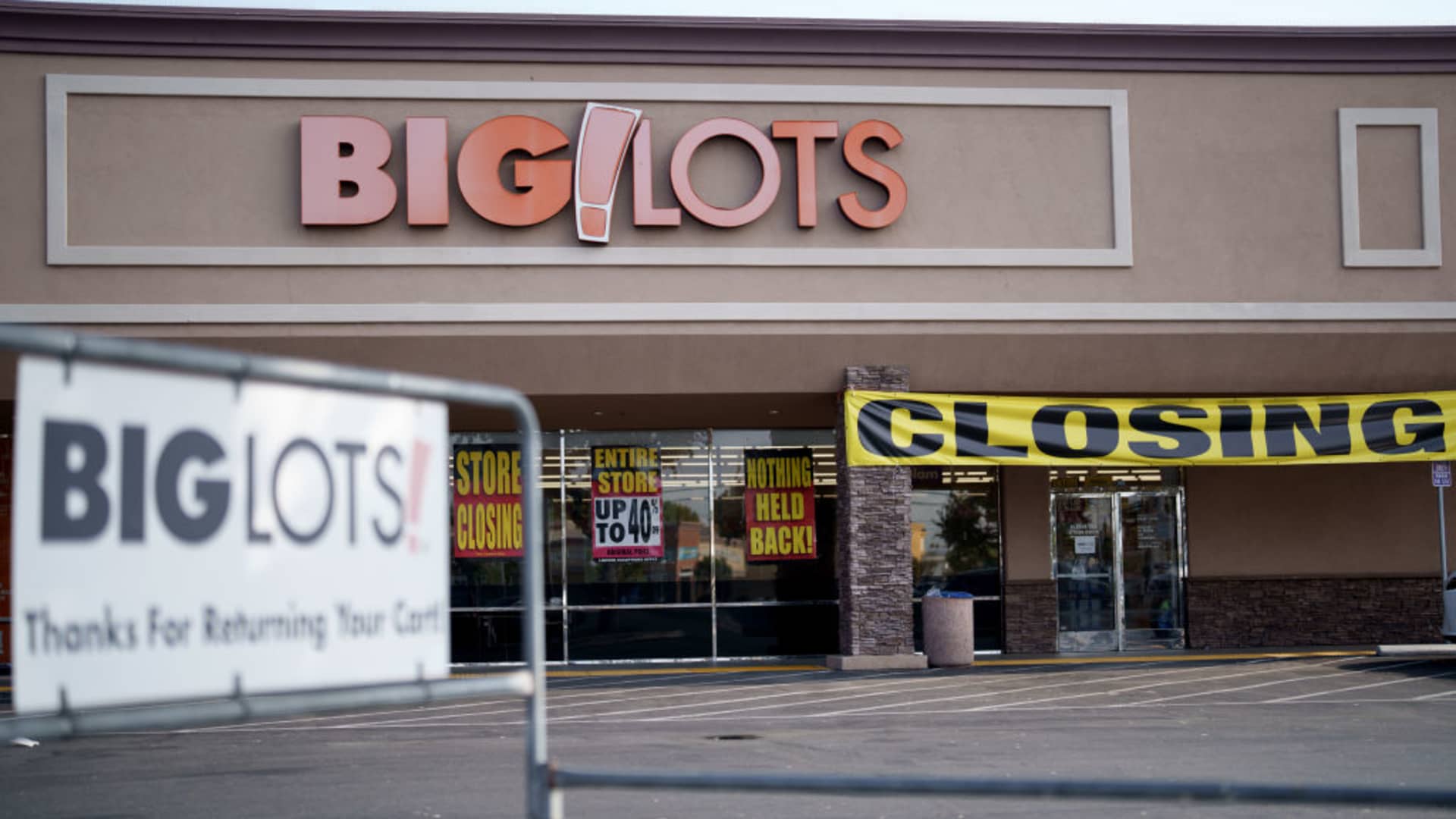Tanning Cg | E+ | fake images
Millionaires are increasingly dissatisfied with their wealth managers and accountants, but they value their personal trainers and therapists, according to a new survey.
Only a third of millionaires use a wealth advisor for their financial planning and 1 in 5 plan to fire their advisor due to high costs and poor service, according to a new survey from Long Angle, the professional network for startup founders and CEOs. Among those who do use an advisor, 26% are considering switching and 18% may stop using them altogether.
In contrast, millionaires are very satisfied with their personal trainers, therapists and other professionals who help them with their general well-being and caring for their family, rather than with their financial issues.
“Improving your balance sheet or bank account doesn't provide the same emotional value as improving your health and family life,” said Chris Bendtsen, market intelligence leader at Long Angle. “Services for personal well-being or for your children get the highest score.”
The results highlight the growing importance of so-called “soft services” for the wealthy, as wealth managers, private banks and other firms seek to attract and retain more high-net-worth clients. Health and wellness, family and children, travel and self-improvement services, once considered superficial alongside financial advice and tax planning, are becoming core competencies in the business of advising and helping wealthy families.
For the study, Long Angle surveyed 114 people worth at least $2 million, and most had net worths between $5 million and $25 million. It asked them to rate their satisfaction levels on 14 of the most common professional services used by the wealthy, from investment advice and estate planning to sports training and housekeeping.
Personal services, child care and education ranked highest in satisfaction. From a score of 1 to 10, the millionaires surveyed gave their personal trainers an average score of 9.3, the highest satisfaction for any service category. They were also happy with their investment visa advisors (8.8), followed by their sports coach and personal therapist. They also highly valued services for their children, including private school (8.3) and daycare (8.2).
Financial, home and property services came last. The results in terms of wealth management are especially notable. The satisfaction level for wealth advisors was 7.2, and the majority of respondents said they do not even use an advisor. The use of financial managers increases with wealth. Among those with wealth of $5 million or less, only 22% use an advisor, compared to 44% of those with $25 million or more.
Their main complaint is the cost. The average expense for financial advisors is $10,000 a year, according to the survey. Most respondents pay a fee based on a percentage of assets under management. A third of respondents pay a fixed annual fee.
Many clients increasingly view asset-based fees as inherently unbalanced, with the manager being paid more simply based on the size of the assets than based on performance or quality of service. Frustration over costs is one of the reasons more advisors are opting for flat fees.
“Fixed fee structures reflect a growing customer preference for transparent pricing and reduced conflicts of interest,” the report says.
Beyond the cost, wealthy investors are also frustrated with the service.
“The general response is that advisors are often slow to respond and the advice is not personalized,” Bendtsen said.
Accountants and tax lawyers didn't fare much better. While 82% of respondents use a certified public accountant or tax professional for their taxes, 42% are considering changing tax advisors. Their main complaints were that CPAs were slow to respond and were not proactive or strategic enough.
When it comes to estate planning, half of the millionaires surveyed do not use an estate attorney, although their use depends largely on wealth levels. Among those with $25 million or more, 69% use an estate attorney. When it comes to satisfaction levels, estate attorneys ranked below collective services.
Poor ratings for financial and legal providers, and high ratings for more personal services, go beyond the predictable emotional benefits of feeling and looking better every day. Sports coaches, athletic trainers, teachers, and even housekeepers seem to be better at providing the kind of highly personalized, goal-based help that the wealthy seek, rather than the cookie-cutter solutions typically offered by wealth managers and lawyers.
“What we're hearing is that wealth managers, real estate attorneys and CPAs are feeling more transactional,” Bendtsen said. “They don't feel personalized.”
Children's services also get high marks and a high share of spending by the wealthy. Respondents spent an average of $53,558 per year on their babysitter, $30,000 per year on a private school, and $20,000 per year on daycare. Private schools and daycares scored above eight for satisfaction despite price.
Therapy is increasingly important for the wealthy, especially the younger ones. Millionaires gave their therapists a high average score of 8.3. Their average spending on therapy is $5,000 a year.
Nearly half (43%) of millionaires under 40 use a therapist, compared to just 13% of millionaires over 50. Among those who use a therapist, the top benefits cited were quality of care and impact, as well as kindness and personal connection.
“I think people under 40 are more proactive about their mental health and emotional well-being,” Bendtsen said.










